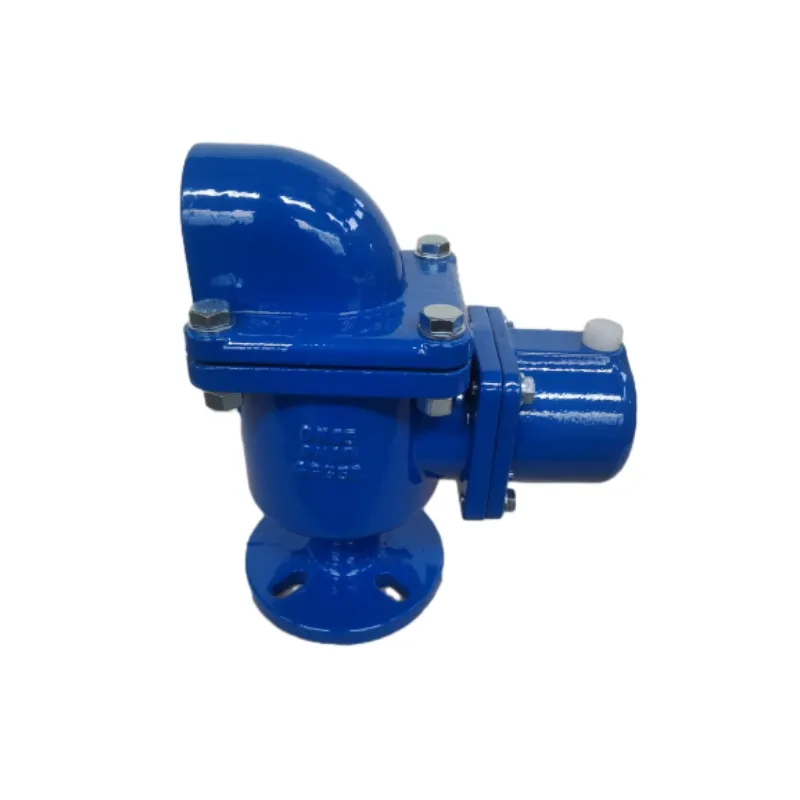Mechanical Design and Functionality of Gate Valves for Fluid Control Systems
Understanding Gate Valve Mechanical Types A Comprehensive Overview
Gate valves are a crucial component in piping systems, providing a simple and effective means to control the flow of fluids. Primarily used in applications where a straight-line flow of fluid and minimum restriction is needed, gate valves have earned their place in various industries, including waterworks, oil and gas, power generation, and chemical manufacturing. This article delves into the mechanical types of gate valves, their design, functionality, and applications.
What is a Gate Valve?
A gate valve is a linear motion valve that opens by lifting a barrier (the gate) out of the path of the fluid. Its primary role is to either start or stop flow rather than to regulate it; thus, gate valves should be fully opened or fully closed. When fully opened, the flow path is unhindered, allowing for minimal pressure drop, making them ideal for applications where pressure and flow consistency are critical.
Mechanical Types of Gate Valves
Gate valves come in several mechanical designs, each tailored to specific operational requirements
. The following sections explore the most common types.1. Wedge Gate Valves Wedge gate valves are the most prevalent type. They employ a wedge-shaped gate that fits between two seats, providing a tight seal when closed. The wedge can either be flexible or solid, with the solid option being more durable in high-pressure applications. Wedge gate valves are suitable for a wide range of pressures and temperatures, making them versatile for various industrial applications.
2. Parallel Slide Gate Valves Unlike the wedge type, parallel slide gate valves use two parallel seats and a gate that slides between them. This design allows for a smoother flow and is less prone to friction wear, making it ideal for high-pressure systems. These valves are often used in systems requiring minimal flow resistance and are particularly advantageous in large-diameter piping systems.
gate valve mechanical type

3. Ram Type Gate Valves Ram type gate valves are less common but serve specific purposes. These valves operate by moving a ram (the gate) linearly, shutting off the flow completely when closed. Their design allows for a higher tolerance for misalignment, making them robust in challenging installation conditions. Ram type valves are typically used in applications where rapid closure is necessary.
4. Scraper Gate Valves Scraper gate valves are designed for applications dealing with solids or slurries. The gate has a built-in scraper mechanism that cleans the gate as it opens or closes, preventing blockages and ensuring an efficient flow path. These valves are typically found in wastewater treatment plants and other industrial settings where debris can clog traditional valves.
Key Advantages of Gate Valves
- Minimal Flow Resistance When fully opened, gate valves provide a clear path for fluid flow, resulting in little to no pressure drop across the valve. - High Durability Constructed from robust materials like cast iron, stainless steel, or bronze, gate valves are designed to withstand high temperatures and pressures. - Versatility They can be used in a wide range of applications, from water supply systems to complex industrial processes. Applications of Gate Valves
Gate valves are widely used across various industries due to their adaptability and performance characteristics. Some common applications include
- Water and Wastewater Treatment Essential for controlling flow in municipal water supply systems and treatment plants. - Oil and Gas Pipelines Used for flow regulation in both upstream and downstream processes, allowing safe and controlled operation. - Power Generation Employed in steam and cooling systems where consistent fluid flow is critical. - Chemical Processing Ensuring safe and effective control of corrosive and hazardous materials during processing.
Conclusion
In conclusion, gate valves, particularly mechanical types like wedge, parallel slide, ram, and scraper valves, play a significant role in managing fluid flow across a variety of industrial sectors. Understanding their design principles, advantages, and suitable applications enables engineers and operators to make informed decisions, ensuring systems operate efficiently and safely. As industries evolve and demands for reliability and efficiency increase, gate valves continue to be a fundamental choice in fluid management solutions.
-
The Smarter Choice for Pedestrian AreasNewsJun.30,2025
-
The Gold Standard in Round Drain CoversNewsJun.30,2025
-
The Gold Standard in Manhole Cover SystemsNewsJun.30,2025
-
Superior Drainage Solutions with Premium Gully GratesNewsJun.30,2025
-
Superior Drainage Solutions for Global InfrastructureNewsJun.30,2025
-
Square Manhole Solutions for Modern InfrastructureNewsJun.30,2025
-
Premium Manhole Covers for Modern InfrastructureNewsJun.30,2025
